LINCOLN - Law enforcement agents did not see eye to eye Wednesday with promoters of public information over the question: Should Nebraska make public a list exposing police officer misconduct?
State Sen. Terrell McKinney of Omaha has introduced Legislative Bill 882, which he said was intended to ensure transparency and police accountability — not to “shame” sworn officers.
Several of those who testified Wednesday, February 10, said law enforcement agencies are already required to indicate those officers who have been accused of misconduct, and prosecutors are supposed to turn over a name to defense attorneys when relevant in a legal case.
Sen. McKinney's proposed bill would make this list easily accessible to the average citizen.
Among supporters who spoke before the Legislature’s Judiciary Committee were Spike Eickholt of the American Civil Liberties Union of Nebraska and Korby Gilbertson, a representative of the nonprofit Media of Nebraska.
“We think the public’s right to understand the people their tax dollars are paying … outweighs the right of privacy," said Gilbertson.
Those in opposition were several law enforcement officials, including public attorneys and police union leaders.
Anthony Conner, an officer who heads the Omaha police union, said he was a "staunch" critic and viewed the possibility of a public list as little more than a way to shame and "jeopardize the reputation and careers" of police officers rather than increase public safety.
Conner claimed the proposed bill as an "extension of the 'defund the police' movement," to which Sen. McKinney dismissed as merely a phrase used to "rile people up."
Members of the Judiciary Committee raised concerns about unanswered questions and did not take action Wednesday on the bill as a result. One question, specifically, that remained unanswered was how well the accusations have been vetted and how far back into the officer's past the list might extend.
State Sen. Suzanne Geist of Lincoln said she didn't see a benefit to publicizing such a list that could disclose past allegations, some of which may not be accurate, or offenses. "That's dangerous territory," Geist said.
For the full article click HERE
